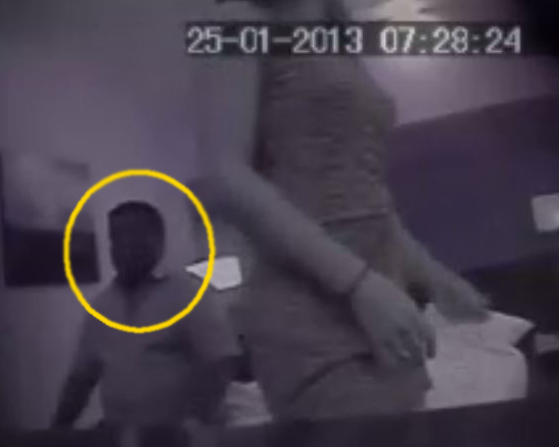The People’s Majlis voted unanimously today to pass the landmark Anti-Torture Act, and the Prisons and Parole Act.
The Anti-Torture Act declares freedom from torture as a fundamental right, penalises torture, ensures respect for human rights of criminal suspects, and prohibits torture in state custody, detention in undisclosed locations, and solitary confinement.
The act further declares any statement obtained through torture to be invalid in a court of law.
Speaking to Minivan News, MP Eva Abdulla said she had proposed the Anti-Torture bill to “ensure we do not carry forward the legacy of torture” inherited from Maldives’ authoritarian past.
The Prisons and Parole Act specifies rules for the management of jails and procedures for incarceration, rehabilitation and parole as well as rights and benefits due to inmates. It also provides for the establishment of an independent Maldives Correction Service to oversee jails.
The Anti-Torture Act passed with the unanimous support of the 53 MPs present and the Prisons and Parole Act passed with the unanimous support of the 54 MPs present at the time of voting.
The UN Human Rights Committee in July 2012 said incidents of torture in the Maldives “appear systematic and systemic” and expressed “grave concern” over the low number of cases that have undergone investigation.
Freedom from torture
Eva said the bill had been formulated based on international human rights conventions the Maldives had signed on to, including the Convention to Eliminate All Forms of Discrimination Against Women (CEDAW), Convention on Rights of the Child (CRC), Convention Against Torture (CAT) and the Optional Protocol to the Convention Against Torture (OPCAT).
The act defines torture as any action committed by a state official, or committed with the orders, consent or knowledge of a state official to cause physical or psychological pain to obtain information or a confession or to inflict punishment or to threaten or humiliate an individual.
The act guarantees freedom from torture as a fundamental right of every individual even in circumstances of war or imminent war.
Physical torture includes but is not limited to beatings, kicking, applying heated rods, inflicting electric shock, restricting daily meals, and forceful feeding of rotting food, another individual’s excrement or substances unfit for human consumption.
Pouring heated oil or acid on a person, waterboarding, rape, forceful removal of teeth or nails and subjecting a person to drops of water at a consistent rate are also noted as methods of torture.
Acts of psychological torture includes – but is not limited to – blindfolding, threatening to harm family members, solitary confinement, long and continuous interrogation, public humiliation, physical abuse of family members in front of detainee, stripping, shaving hair, and branding skin.
Officials who torture people to death or cause insanity, memory loss or infertility will be imprisoned for 25 years.
The act further penalises those who use rape as a method of torture, or cause insanity and loss of memory with a prison sentence between 15 and 20 years.
Imprisonment between 10 and 15 years is set for causing loss of speech, hearing, sight, sense of taste and damage to the backbone.
In prosecution, a person who orders, helps, or assists in committing an act of torture will be treated the same as the individual directly responsible for the act of torture.
The act also affords victims compensation and mandates rehabilitation for perpetrators, torture victims and their families
The act mandates the state declare all detention centers in the Maldives, and submit monthly reports of detainees and inmates at detention centers specifying reasons for detention.
Parole
The Prisons and Parole Act proposed by Maldivian Democratic Party (MDP) Rugiyya Ahmed was vetoed three times by former President Dr Mohamed Waheed.
According to MDP MP ‘Reeko’ Moosa Manik the bill was drafted after “thorough research” including visits to jails in Sri Lanka, Australia, and Singapore.
The act mandates the state allow inmates to pray, exercise, food, do laundry, meet family and provide reading and writing materials.
According to the act, subsidiary regulations must be compiled to ensure good food and basic medical services are provided. Jail buildings must have adequate light and ventilation and amenities.
Men, women, and children must be incarcerated separately and the state must ensure proper documentation of all inmates.
The act establishes complaint mechanisms, but also penalises offenses carried out by inmates during their incarceration.
Likes (0)Dislikes
(0)Dislikes (0)
(0) 